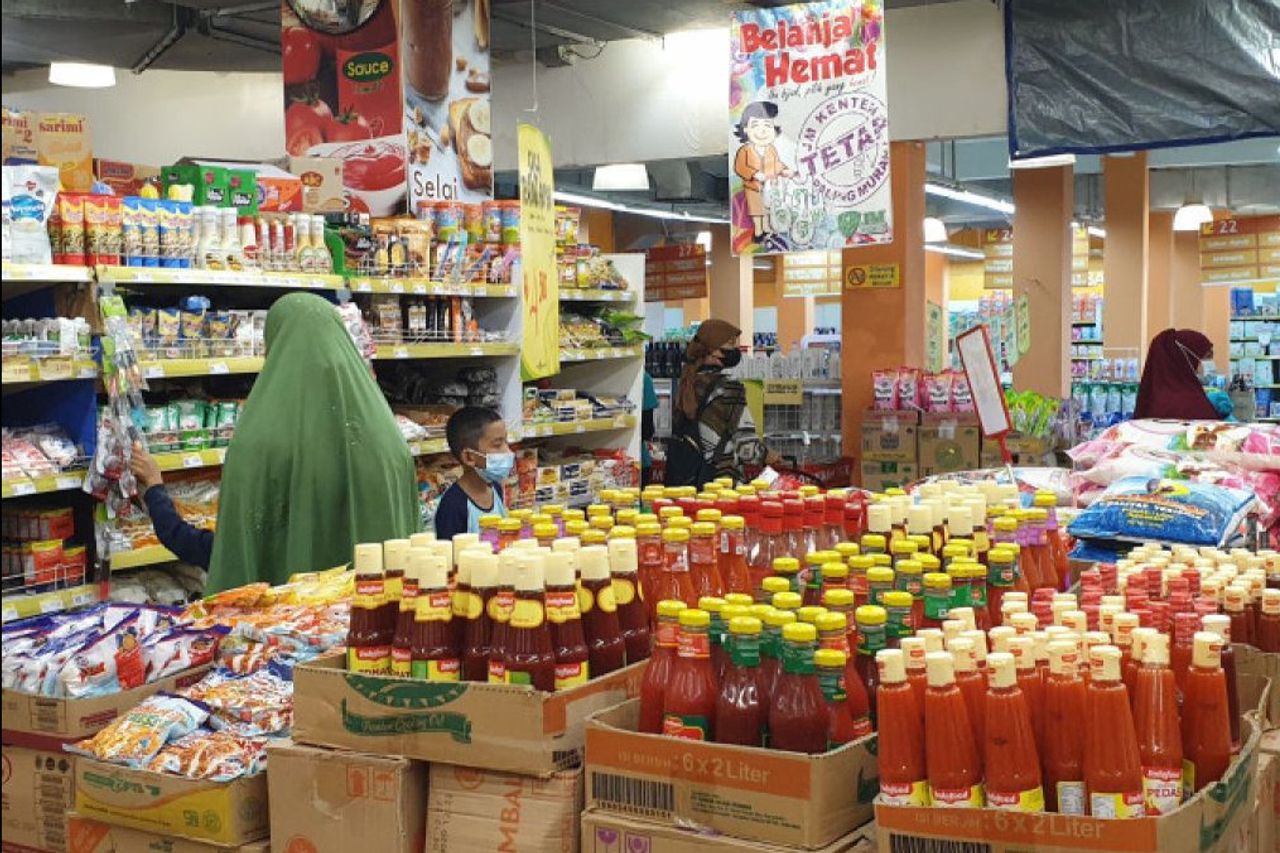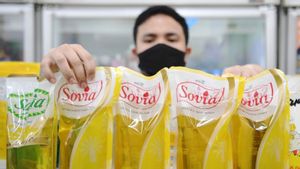Retail Business Hasn't Recovered 100 Percent Since The Pandemic, Ketum Aprindo: Still Anomaly

JAKARTA - Chairman of the Indonesian Retail Entrepreneurs Association (Aprindo) Roy Nicholas Mandey stated that the national retail business has not yet recovered 100 percent at this time.
This was mainly due to the COVID-19 pandemic that had hit Indonesia.
"After a 2.5-year pandemic, modern industry or retail has not yet recovered. We are still in anomaly," Roy told reporters in Jakarta, Wednesday, November 15.
Roy said that although the pandemic storm was over, the retail business had to be faced with a number of other challenges, both domestically and globally.
"Our modern retail is faced with various problems and events, not only domestically but also globally. Moreover, now there are geopolitical problems," he said.
He continued, there are also several other challenges that must be faced, including anomalies in the financial sector and the threat of climate change.
Not only that, Roy said inflation in various countries was still high. Thus, many developed countries are trying to maintain inflation, one of which is the Fed Fund Rate (FFR) in the United States which raises interest rates in the five percent position.
According to Roy, the increase in interest rates affects the supply and demand of the modern retail sector globally.
"This inflation is a problem that is not quickly resolved. There is a supply that is disrupted because the supply is lacking, so the demand is disrupted," said Roy.
Even so, Roy hopes that the growth of the retail industry can reach 4.2 percent by the end of 2023.
SEE ALSO:
Last year, he continued, retail industry growth only reached around 3.8 percent to 3.9 percent.
"The average retail growth this year is estimated to reach 4-4.2 percent with an optimistic but alert note," he said.
He admitted that the retail growth target could be achieved as long as conduciveness was maintained. The conduciveness in question is in two aspects.
First, conduciveness towards the 2024 General Election. Roy reminded people to engage in politics with adults during the democratic party period. Second, supply stability and food prices.


